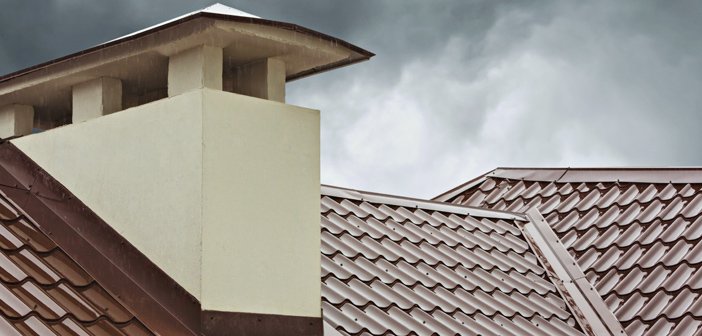
Why Are Home Inspections Important?
A home inspection is an all-encompassing examination of the condition of a home. The home inspection process is often but not always performed at the time of the sale of the home. A home is one of the most important purchases one will ever make. A home inspection is an inexpensive way to discover the universal condition of a home.
It is important to conduct a home inspection to avoid a costly mistake by purchasing a property in need of major repairs. Even if you think you have found a “dream home,” it is a home inspector’s responsibility to let you know that your “dream home” may not be just right.
A professional home inspector is a professional who will conduct an inspection of the general condition of the home. A good home inspection will assist a buyer in understanding exactly what they are about to acquire. A home may look move in ready, but an inspector will cover features of the house such as electrical wiring, plumbing, roofing, insulation, as well as structural features of the home and may unveil issues that are not noticeable to the buyer’s eye. As a buyer, you are making a vast investment, and it is important to understand exactly what you are purchasing. Having a professional home inspector conduct a thorough inspection of the prospective property, could be compared to taking out an insurance policy against all potential operating costs.
There are many different types of home inspection processes that you may want to conduct before the purchase of a home. First and most importantly, you would need a general or residential inspection performed on the home. The professional home inspector would inspect the structure, exterior, roof, electrical, plumbing, HVAC, interior, insulation and ventilation. Once the inspection is completed, the home inspector will generally provide the buyer with a report suggesting any improvements or repairs deemed necessary to bring the home up to current standards. Home inspections may often reveal problems with a home that could be pricey to fix. This could be used as a great tool in purchasing negotiations with the seller. As the buyer you may be able to negotiate the price dependent on what the inspector has found. If flaws were found within the home, the buyer now would have a couple more options in negotiations. A buyer could negotiate a credit with the sellers, have the seller pay for repairs before the closing, purchase the home as is, or walk away from the purchase if the issues seem too problematic.
Another home inspection process a buyer may want to have before the purchase of a home would be a termite/wood destroying organism inspection. This professional inspector would check for signs of structural damage caused by wood boring insects. These insects may cause problems down the road. A general home inspector may perform this inspection for an additional cost, or recommend a WDO/WDI inspector to the buyer.
A radon inspection is also important when purchasing a home. Radon is a radioactive gaseous element formed by breakdown of radium, that occurs naturally especially in areas over granite, and is considered hazardous to health. Radon gas from natural sources can accumulate in homes, especially in confined areas such as attics and basements. Radon levels fluctuate naturally, therefore testing for high levels is important. A radon test consists of using a radon kit that would be hung or placed in the lowest habitable floor of the house for two to seven days. After the kit sits for the required amount of time, the inspector sends the kit to a lab for analysis. If a radon test comes back high, some ways to alleviate the radon could be: sealing concrete slab floors, basement foundations, and water drainage systems. This could be a costly fix, suggesting the importance of radon inspections. Some general home inspectors will also do radon testing at an additional cost. It is important you ask your inspector if he performs these inspections, or for recommendations.
Other inspections that you may want before purchasing a home may be well water testing, oil tank testing and septic tank testing. General home inspectors may be qualified to perform all of these tests and/or inspections for additional fees. It is important that you ask your potential inspector what his/her qualifications may be.
If at all possible, it is recommended to attend your home inspection process. This is a valuable educational opportunity. Never pass up the chance to see your forthcoming home through the eyes of an expert. The cost of a home inspection may vary depending upon the size, region, and age of the house. A home inspection could take anywhere from 2-5 hours, again, depending upon the size and age of the home. It is not an inspector’s responsibility to correct, or repair any potential issues found in the home. An inspector may recommend repair, or to seek out skilled professionals in each trade for further information.
A home inspection will definitely give the buyer peace of mind and put the buyer’s mind at ease that the home is in good shape. It can also become a negotiation tool in closing, and could inform the buyer of potential future maintenance and upkeep. A seller of a home may also request a home inspection before the home is put on the market. This may assist the seller in setting a price, correct any issues with the home before it is put on the market, or merely having a pre-inspection report available for buyers informing them that the seller has nothing to hide.




